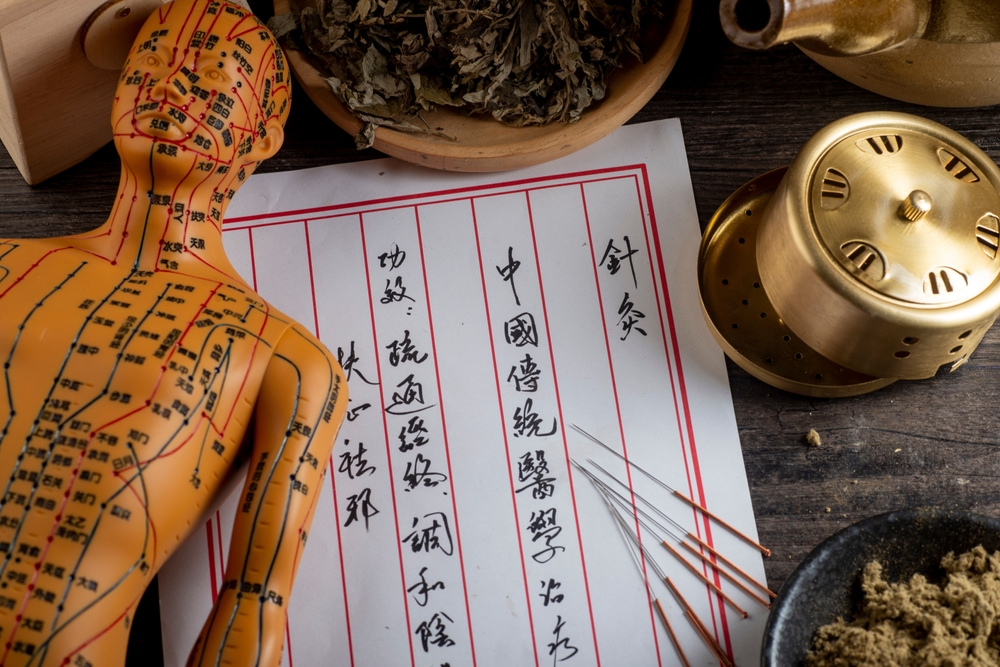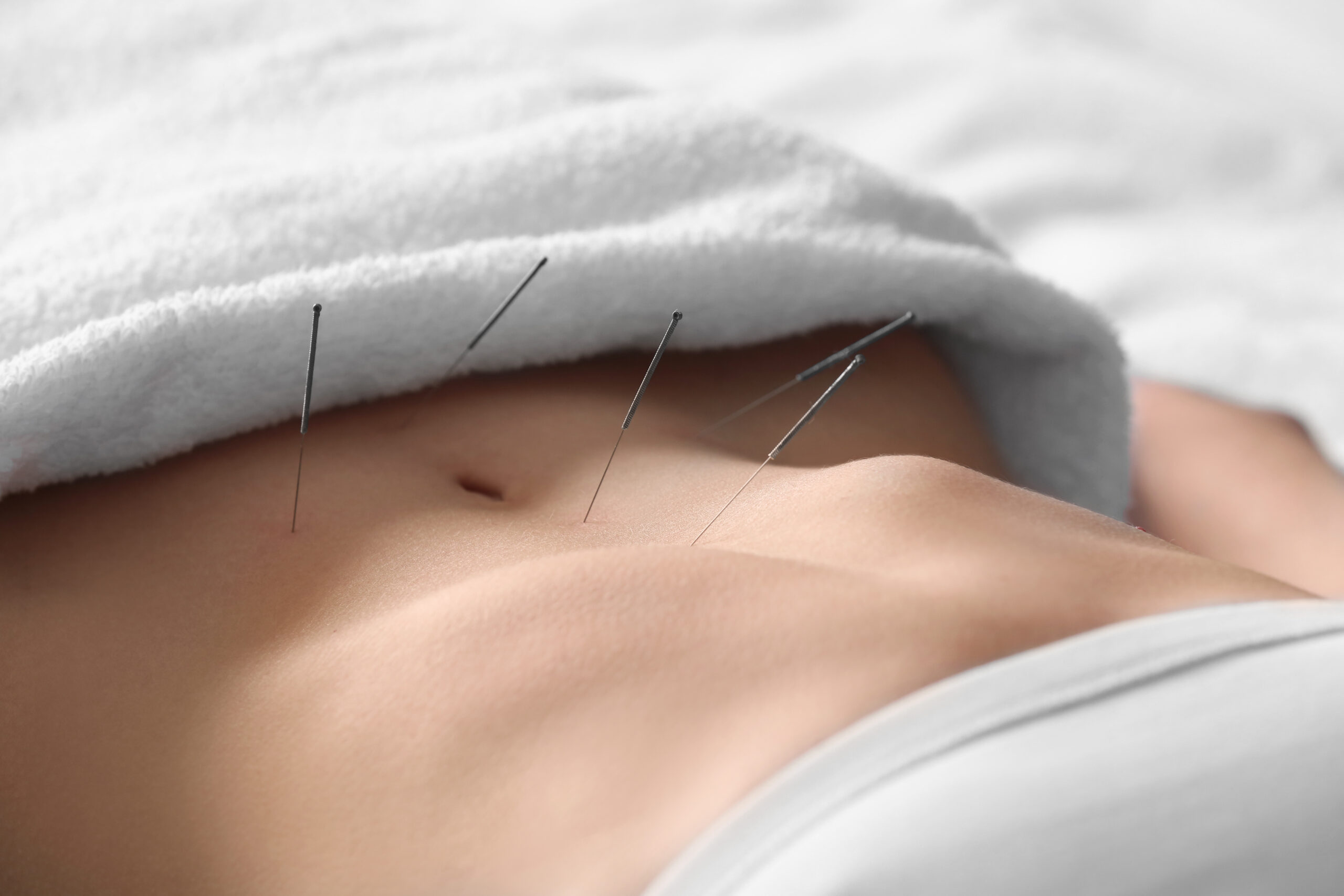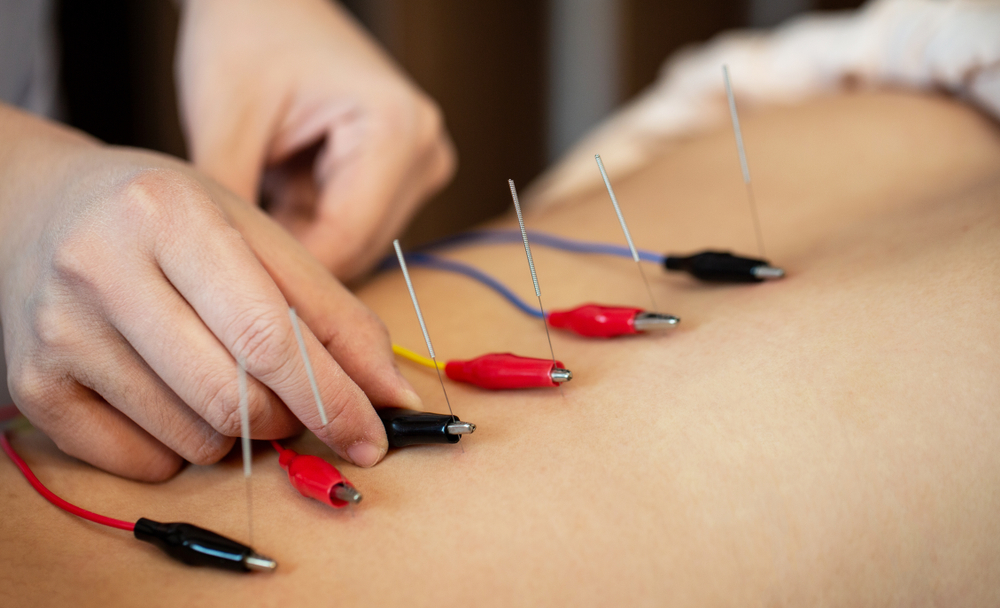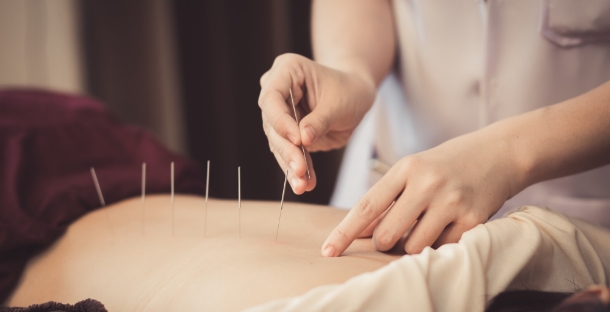
Balance Your Hormones With Traditional Chinese Medicine
Let’s talk about hormones. The human endocrine system is complex – the female endocrine system even more so. Hormones have been getting a lot more attention in the wellness space recently, and for good reason. These biochemicals regulate many of our bodily functions. Ensuring they are balanced is an important part of staying healthy. This is especially important for women, as our menstrual cycle involves fluctuating levels of estrogen and progesterone. Hormone imbalances can be difficult to diagnose, and often the only treatment option offered is birth control medications that come with their own set of side effects. Traditional Chinese Medicine offers less invasive alternatives for remedying hormonal imbalance. Things like acupuncture, cupping, medicinal herbs, and the right dietary changes can all help regulate and balance your hormones.
What are hormones?
Hormones are biochemical messengers that coordinate and regulate different functions in your body. A Variety of glands, organs, and tissues are responsible for producing and releasing hormones into your blood stream. Both hormones and the body parts that produce them make up the endocrine system. The circulation of hormones signals to your body not just what to do, but when to do it. Having optimal levels of each time of hormones contributes to good health.
In Traditional Chinese Medicine, hormones are tied to Jing, which is your essence or essential substance. Jing is responsible for keeping your mind, body, and spirit in balance. Disruptions or imbalances in your hormones can deplete your Jing, which will impact your overall health.
What do hormones regulate?
Without hormones, our bodies cannot function. They play a pivotal role in regulating our bodily processes. The following are some of the most important things hormones regulate:
- Metabolism and appetite
- Sleep cycles
- Heart rate
- Reproduction and sexual function
- Body temperature
- Growth and developments
- Moods and stress levels
Common causes of hormone imbalance
While maintaining optimal hormone levels is ideal, there are a lot of things that can throw your hormones out of whack. Your hormone levels will naturally change and fluctuate throughout your lifetime. For women and people assigned female at birth (AFAB), those changes can be pretty big. The beginning of menstruation during puberty sees a rise in both estrogen and progesterone. Pregnancy also causes changes to hormone levels. And the onset of menopause causes a big reduction in estrogen and progesterone production that can take some adjusting to. While those changes occur naturally, they aren’t the only ways that your hormones can become imbalanced. Other causes include:
- Hormone therapy
- Certain medications
- Changes in diet
- Breastfeeding
- Cancer treatments
- Tumors (benign or cancerous)
- Chronic or high stress
- Eating disorders
- PCOS
- Pituitary tumors
- Injury or trauma
There are also some health conditions that can cause or contribute to hormone imbalance. They include type 1 and 2 diabetes, hypo- and hyperthyroidism, Cushing syndrome, and Addison’s disease.
Signs you might have a hormone imbalance
As we’ve mentioned, it can be tricky to diagnose hormone imbalance. The symptoms can often be misattributed to other health conditions, making resolving imbalances challenging. The following are symptoms that indicate a hormone imbalance in women and AFAB people:
- Heavy or irregular periods, including missed, stopped, or frequent periods
- Excessive hair growth on the face and chin or other parts of the body
- Acne on the face, chest, and upper back
- Hair loss
- Hyperpigmentation
- Vaginal dryness
- Pain during sex
- Night sweats
More generalized symptoms also include:
- Sudden changes in weight, either weight gain or loss
- Fatigue
- Muscle weakness, stiffness, or soreness
- Joint pain and swelling
- Increased thirst or change in appetite
- Decreased sex drive
- Depression, anxiety, or irritability
- Dry skin
- Thinning or brittle hair

The Traditional Chinese Medicine approach to treating hormone imbalance
Many will be familiar with western medicine’s approach to treating hormone imbalance by prescribing hormonal birth control or other hormone therapy medications. These medications have their own set of side effects that can be as disruptive to your quality of life as the issue they treat. Traditional Chinese Medicine takes a more holistic approach that is tailored to each patient’s needs and issue, rather than by statistical model.
Traditional Chinese Medicine views hormone imbalance as an expression of an imbalance of Yin or Yang energy in your body. Yin and Yang are opposing forces, but they depend on each other to function. Too much of one, or not enough of the other will throw your body out of balance. This will cause you to be more susceptible to physical and emotional ailments.
Therefore, TCM focuses on first identifying whether you are experiencing a Yin or Yang imbalance, and then prescribe treatment that will remedy your symptoms and restore the harmony in your body.
Acupuncture for hormone imbalance
As TCM attributes ailments to imbalance in the body, acupuncture is a treatment designed to restore balance. It does this by targeting stagnation and blockages of both blood and Qi to improve the circulation of both throughout your body. The goal is to activate and support your body’s natural healing processes. Your acupuncturist will determine the area that is troubling you and treat the appropriate meridian.
Acupuncture can improve your hormone balance without medication by treating the underlying cause of imbalance. As chronic stress and poor sleep are both factors that can worsen hormone imbalance, it’s important to address them. The stress-relieving properties of acupuncture will reduce cortisol levels in your system, as well as improve your quality of sleep.
Medicinal herbs for hormone imbalance
What we put into our bodies impacts our overall health and wellbeing. For thousands of years, the practitioners of Traditional Chinese Medicine have been using plants and herbs to treat every conditional and ailment under the sun. Hormone imbalance is no exception. The following are some of the medicinal herbs commonly used to treat female hormone imbalance:
- Gou Qi Zi (goji berries)
- Dang Gui
- Shan Yao (Chinese wild yam)
- Bai Shao (white peony root)
- He Shou Wu
- Dong Quai
- Huang Qi (astagalus)
Many of medicinal herbs can cause interactions or reduce the efficacy of prescription medications. If you are taking any prescription medication it is extremely important that you consult with your doctor and pharmacist before you start taking any medicinal herbs.
Other tips for balancing your hormones
The endocrine system is complex, and that means correcting hormone imbalance won’t happen overnight. Seeing your acupuncturist, as well as taking medicinal herbs will help, but there are other things you can do between sessions to support better hormonal balance.
- Practice mindfulness or meditation 10-15 minutes a day to reduce stress levels (yoga and tai chi will also work)
- Eat protein with every meal
- Focus on sleep hygiene to ensure that you are getting enough high-quality sleep
- Ensure there are enough omega-3 fatty acids in your diet
Issues with your hormones are frustrating, not least because of how difficult they can be to diagnose. If anything in this article resonates with you, you should consider booking an appointment for an assessment and acupuncture treatment.



